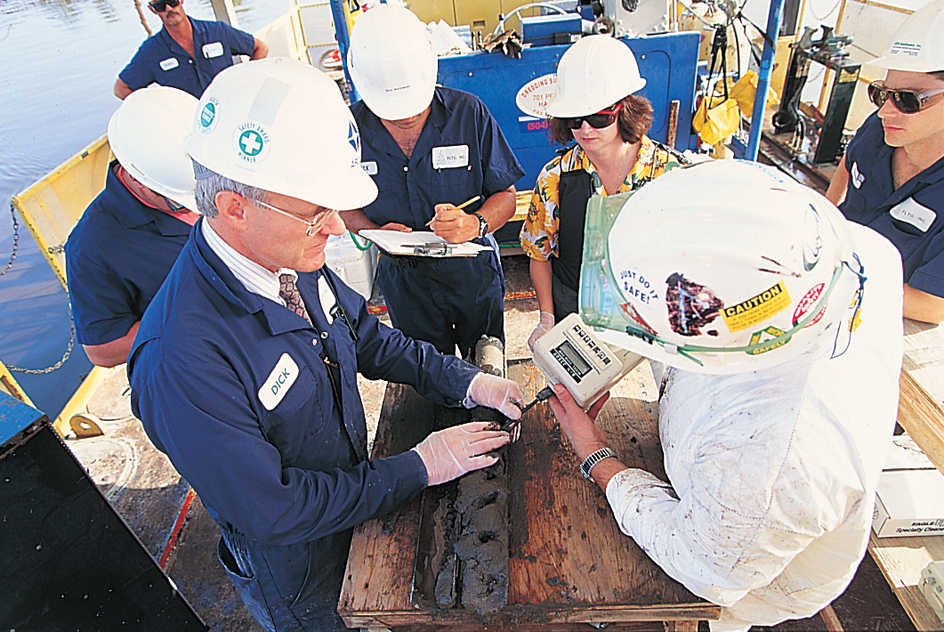Government regulation is the supervision of privately owned businesses by government agencies to serve the public interest. Such agencies control prices, health and safety standards, standards of service, and other aspects of business. In the United States, nearly all industries are subject to some regulation at the federal, state, and local government levels. This article discusses federal regulation.
Regulation by the federal government began in 1887, when Congress established the Interstate Commerce Commission (ICC) to oversee the nation’s railroads. During the 1930’s, the government set up a number of regulatory agencies under New Deal legislation. The New Deal was President Franklin D. Roosevelt’s program for economic recovery from the Great Depression. New Deal agencies included the Federal Communications Commission (FCC), the Federal Deposit Insurance Corporation (FDIC), and the Securities and Exchange Commission (SEC).
A new wave of government regulation occurred during the 1970’s. For example, public interest in controlling pollution spurred the establishment of the Environmental Protection Agency (EPA). Concern for industrial and public safety led to the formation of the Occupational Safety and Health Administration (OSHA) and the Consumer Product Safety Commission.

Until about 1980, most of the older government agencies regulated a wide range of activities within a specific industry. For example, the ICC regulated the fares, freight rates, and standards of service of the railroad and trucking industries. Some people claimed that this kind of government regulation resulted in too close a relationship between an agency and the industry it regulated. Others charged that it reduced competition within an industry and caused higher prices. Since the late 1970’s, government reforms have reduced or eliminated the regulation of financial services and the telecommunications, transportation, and petroleum and natural gas industries.
Most of the agencies formed during the 1970’s each regulate only one aspect of the activities of many industries. For example, OSHA sets job safety and health standards for numerous industries. OSHA and similar agencies have been criticized for setting standards without regard for their economic impact on the industries involved. The Consumer Financial Protection Bureau, established in 2011, guards consumers against deceptive practices in lending.
